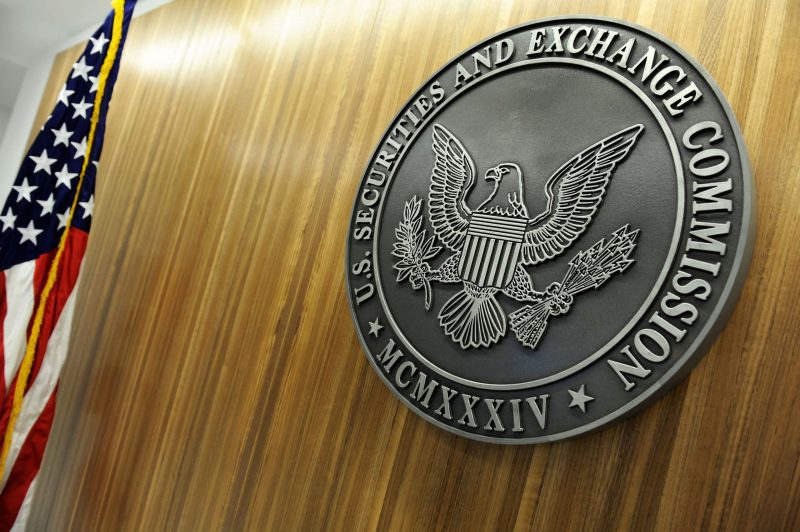A recent ruling by the United States Fifth Circuit Court of Appeals has struck down a Securities and Exchange Commission (SEC) rule that mandated greater transparency from hedge funds and private equity firms regarding their fees and expenses. The court’s decision, which deemed the SEC had exceeded its congressional authority, may have implications for the cryptocurrency industry.
SEC Overreach and Court Ruling
On June 5, a three-judge panel from the Fifth Circuit Court of Appeals unanimously ruled against the SEC. The ruling came after six industry groups challenged the SEC’s rule, arguing that it would increase compliance costs and fundamentally alter the sector’s operations.
Judge Kurt Engelhardt, writing on behalf of the panel, stated, “The promulgation of the Final Rule was unauthorized, no part of it can stand.” The court found that the SEC “exceeded its statutory authority” by implementing the rule, which required funds to release quarterly reports on performance and fees, conduct yearly audits, and cease giving special treatment to certain investors.
Background and Legal Basis
The SEC had argued that its expanded role to oversee private funds was granted by the Dodd-Frank Act, which was passed to reform the financial sector following the 2008 financial crisis. However, Judge Engelhardt refuted this, stating that “neither section grants the Commission such authority.” This ruling represents a significant blow to the SEC’s claimed congressional authority over the sector.
Implications for the Crypto Industry
The decision has been met with interest from the cryptocurrency industry, which has often criticized the SEC’s regulatory overreach. Bill Hughes, senior counsel at ConsenSys, shared the ruling on social media, remarking that the SEC’s overreach has been a consistent issue for over three years.
The SEC has been involved in a series of lawsuits against crypto firms, arguing that many cryptocurrencies are securities under its jurisdiction based on the Howey test. However, crypto firms have countered that the SEC lacks authority to regulate crypto without explicit congressional approval.
Also Read: SEC to Close Salt Lake Office Following DEBT Box Case Dismissal
Legislative and Regulatory Developments
The SEC’s actions have prompted potential legislative changes. The Financial Innovation and Technology for the 21st Century Act (FIT21), which proposes transferring regulatory authority over the crypto industry to the Commodity Futures Trading Commission (CFTC), has passed the House with wide bipartisan support.
Additionally, the SEC narrowly avoided a significant setback when President Joe Biden vetoed a resolution to repeal its Staff Accounting Bulletin (SAB) 121, which prevents banks from owning crypto. This resolution had garnered bipartisan support in both the House and Senate.
